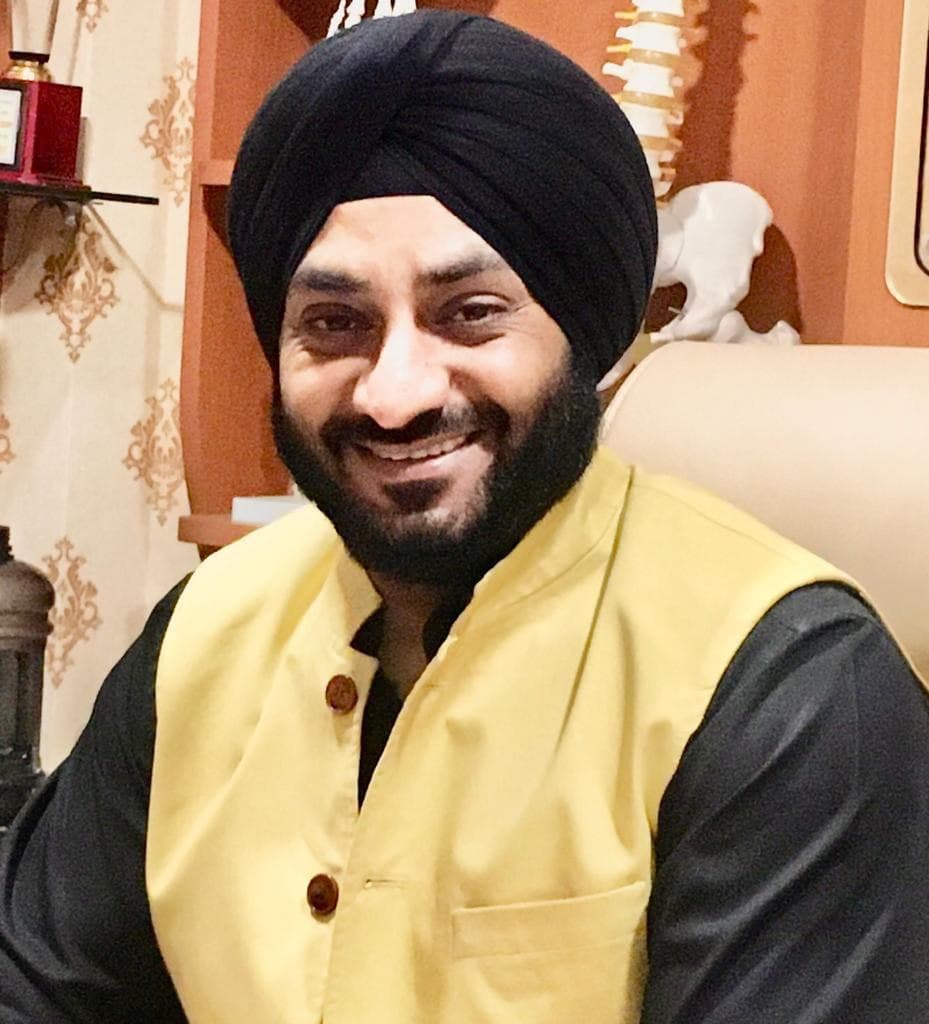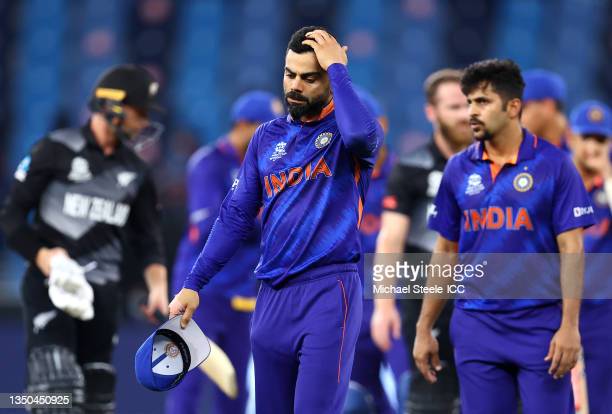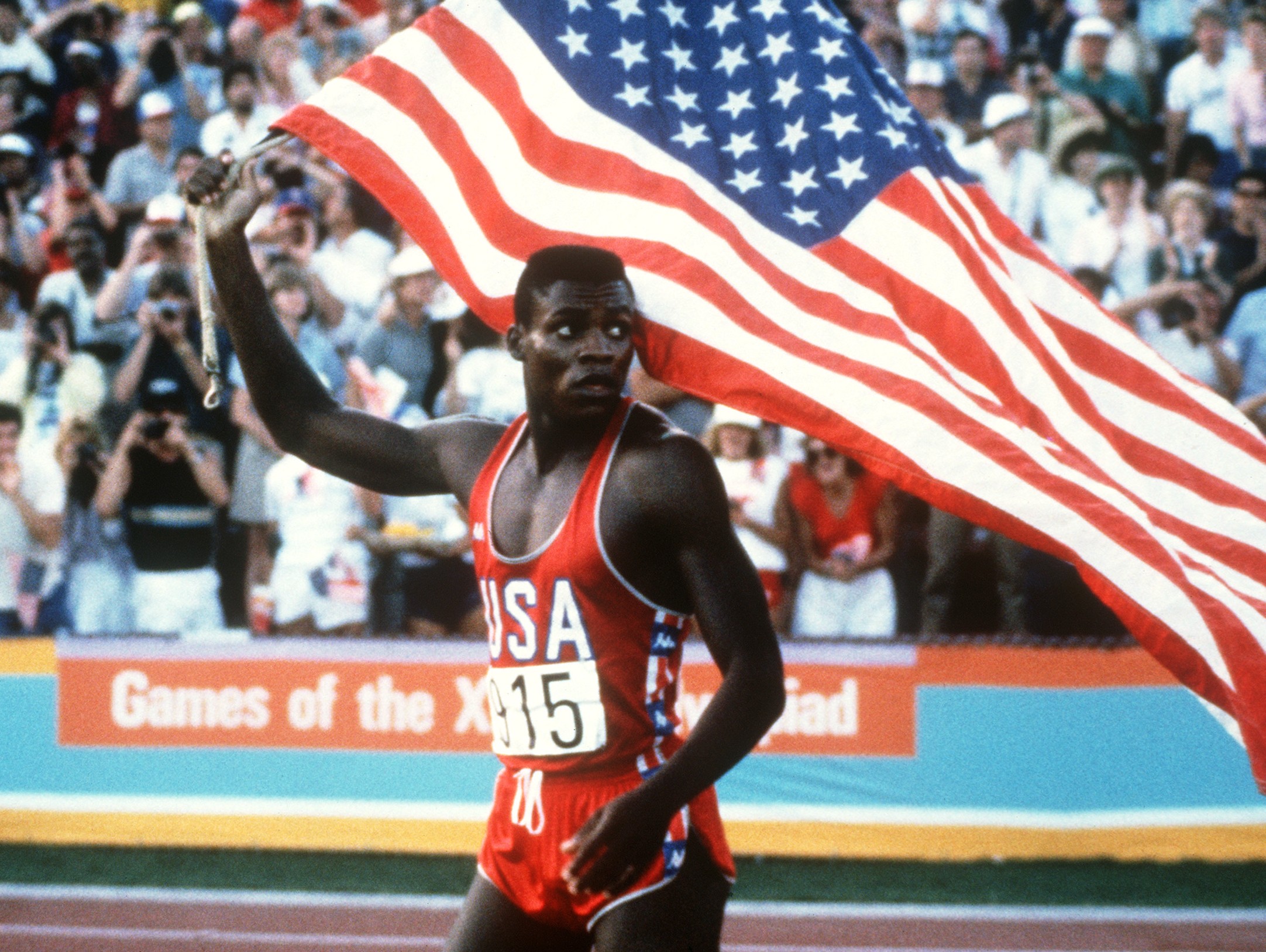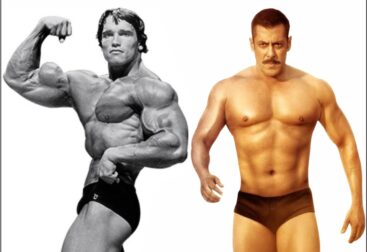Cricket presents physiological, metabolic, physical and psychological demands which can deteriorate players’ performance due to fatigue. The high variability in physiological, metabolic, physical and psychological responses also influences the magnitude of exercise-induced muscle damage, with symptoms negatively affecting neuromuscular function during recovery or subsequent training sessions or matches. Consequently, more precise and consistent knowledge is required in this area to optimize training and performance. Fatigue affects the physical and mental capacity of a person to perform set tasks. It is especially noted in cricketers who push themselves to the limits of endurance, and is also common among people who engage in strenuous work. There are two classifications for too much physical strain: overreaching and overtraining.
Overreaching is muscle soreness above and beyond what you typically experience that occurs when you don’t sufficiently recover between workouts. Overreaching usually happens after several consecutive days of hard training and results in feeling run down. Luckily, the effects of overreaching can be easily reversed with rest. Overtraining occurs when an athlete ignores the signs of overreaching and continues to train. Many athletes believe that weakness or poor performance signals the need for even harder training, so they continue to push themselves. This only breaks down the body further. This can greatly impair concentration on and off the field. The attention span of a fatigued participant will be diminished, with instructions or guidelines less likely to be followed effectively. A tired brain can hinder performance as much as a tired muscle. Mental fatigue is worthy of consideration for an athletes’ performance simply because it reduces cognitive performance during physical exertion. In other words, when an athlete has a low threshold for mental fatigue, they perform poorly, make poor decisions, and have low cognitive functioning.
Overtraining is more likely when athletes train excessively, don’t program adequate recovery and rest, don’t hydrate or eat enough or the right type of food, have added pressures or stress like work or relationships, or have depression.
Symptoms of overtraining:
- Tiredness
- Altered sleep – either excessive or not sleeping well
- Poor performance
- Poor recovery
- Moodiness – depressed and/or irritable
- Increased injury
- Altered resting or exercising heart rate
An Exercise and Sports Medicine Specialist is ideally placed to evaluate and guide athletes with fatigue or overtraining. Exercise and Sports Medicine Specialists are dedicated to establishing the right balance between training, competition and recovery in order to help avoid the onset of fatigue. Appropriate nutrition, hydration, recovery and sleep are important measures that lessen the incidence of fatigue, whether it is caused on the sports field or elsewhere.
The best treatment for overtraining is rest and use of certain therapeutic modalities. The athlete should stop participation in training/competition for a set period of time. That period of time will vary for the 4 to 12 weeks. During the rest period, the athlete can participate in short intervals of low-intensity aerobic exercise to help keep active and fit; however, this type of activity should be unrelated to the specific sport. Return to sport can be done when the signs and symptoms of burnout have resolved completely (including physical symptoms, mood changes, sleep disturbances etc.).

Dr Saranjeet Singh
Fitness & Sports Medicine Specialist
Lucknow








जानकारी के समंदर में गोते लगाकर निकाला गया बेशकीमत लेख है यह। यह बात बिल्कुल सही है कि बीसीसीआई ने भारतीय क्रिकेट खिलाड़ियों को इंसान नहीं बल्कि मशीन समझ रखा है, जिसका असर अंततः उनके प्रदर्शन पर पड़ रहा है। इंसान निश्चित रूप से मशीन नहीं हो सकता। डॉक्टर साहब ने जो विश्लेषण यहां सामने रखा है उसे बीसीसीआई के जिम्मेदार लोगों को एक बार जरूर पढ़ना चाहिए।
Thank you so much for your kind words brother. 🙏
Great ✌
Thank you Dr Alka.